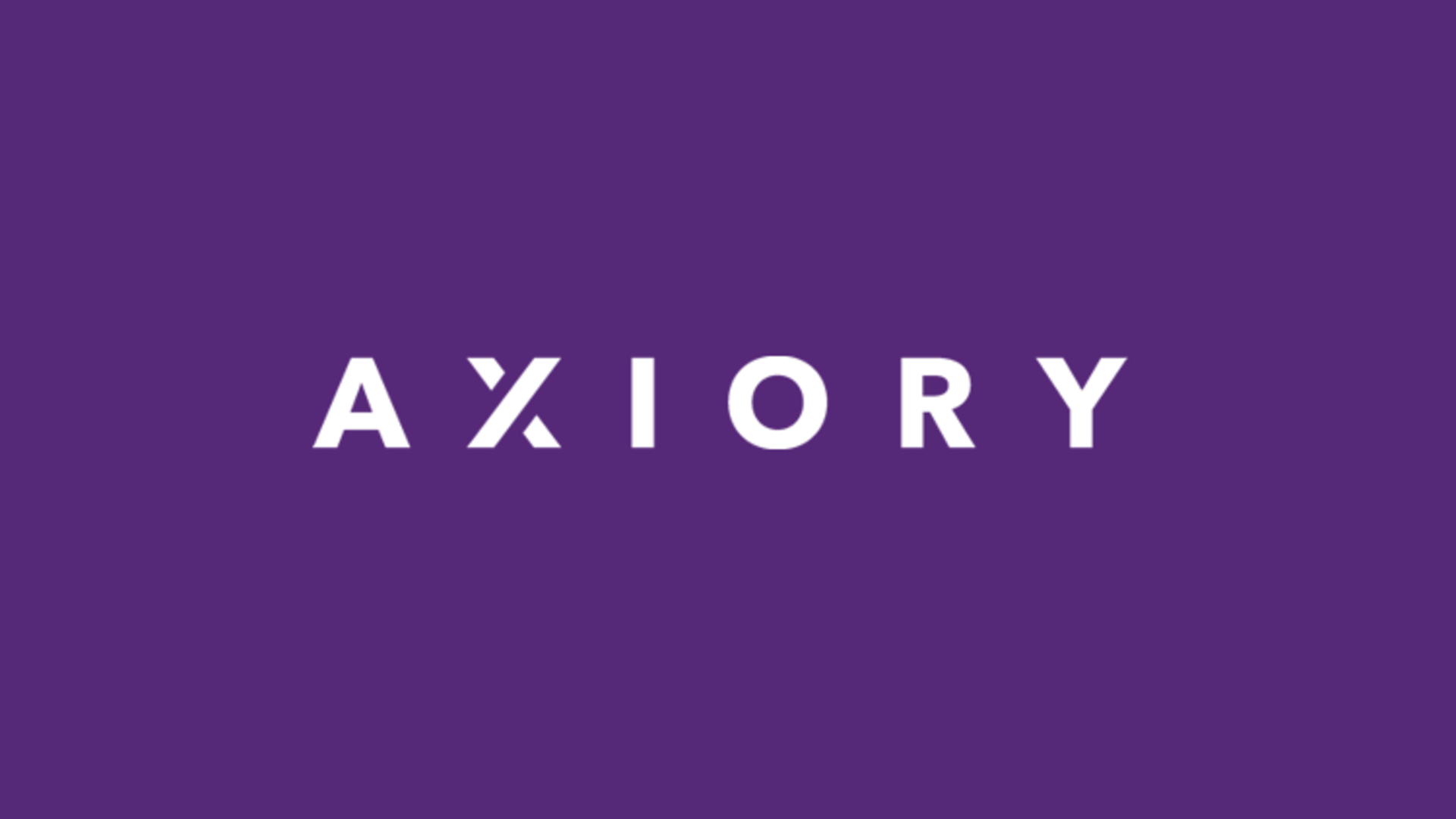Contents
Italy, quite likely, is a country that needs the least introduction. From its amazing and worldwide-popular cuisine to the hugely influential culture and the vast success in sports and show business, and finally to its huge historical influence as one of the most important and ground-breaking countries in history, Italy is widely appreciated as one of the most influential nations in the world.
Additionally, Italy is one of the most major European countries and has been for quite some time. With a population of 60.36 million and a GDP of $2.084 trillion, Italy is one of Europe’s biggest economies. With such high numbers of GDP and population, Italy’s economy is quite strong, which is also reinforced by its geographic location and its close ties with its trading partners such as Germany, France, United States, Spain, and more.
Despite all of this, it should definitely be noted, that Italy’s economy is not the strongest in the world. Although they have quite a high GDP, as well as many internationally-acclaimed, big and rich companies, a decent portion of Italy and its inhabitants are still suffering from things like poverty and infrastructure. Although, as mentioned, Italy is still a very strong economic force.
When it comes to Italy’s Forex market, it needs to be mentioned, that it’s definitely not the strongest in the world, and not on the same level as the other major Forex countries in the world, such as the United Kingdom or Germany. This is mainly because of the fact that there are not all that many locally-based brokers that offer Foreign exchange services, as well as due to some very strict local regulations. With that being said, the interest is definitely there, as there are many locals who are eager to engage in Forex trading, and the popularity and interest of Forex trading are definitely growing every single day, with way more room for growth.
In this guide, we will be taking a detailed look at the Italian Forex market, and discuss some of the most important aspects to know for any Italian trader, such as the safety, security, and legal details; the opportunities, advantages, and disadvantages of trading in Italy, and much more. As a beginner, you will gain much of the necessary knowledge to help you get started on the right foot and start working towards your success right from the beginning.
Top Italian Forex brokers
Throughout years, we have reviewed dozens upon dozens of Forex brokers, and have learned exactly what it takes to make a great broker that you can trust and rely upon to provide you with great service and give you the biggest opportunities for success. This is exactly what this list below is based upon, as here you can find the very best o the Forex brokers that Italy has to offer. Make sure to check out all of them below, compare them, and choose the one which fits your needs the best.
XM
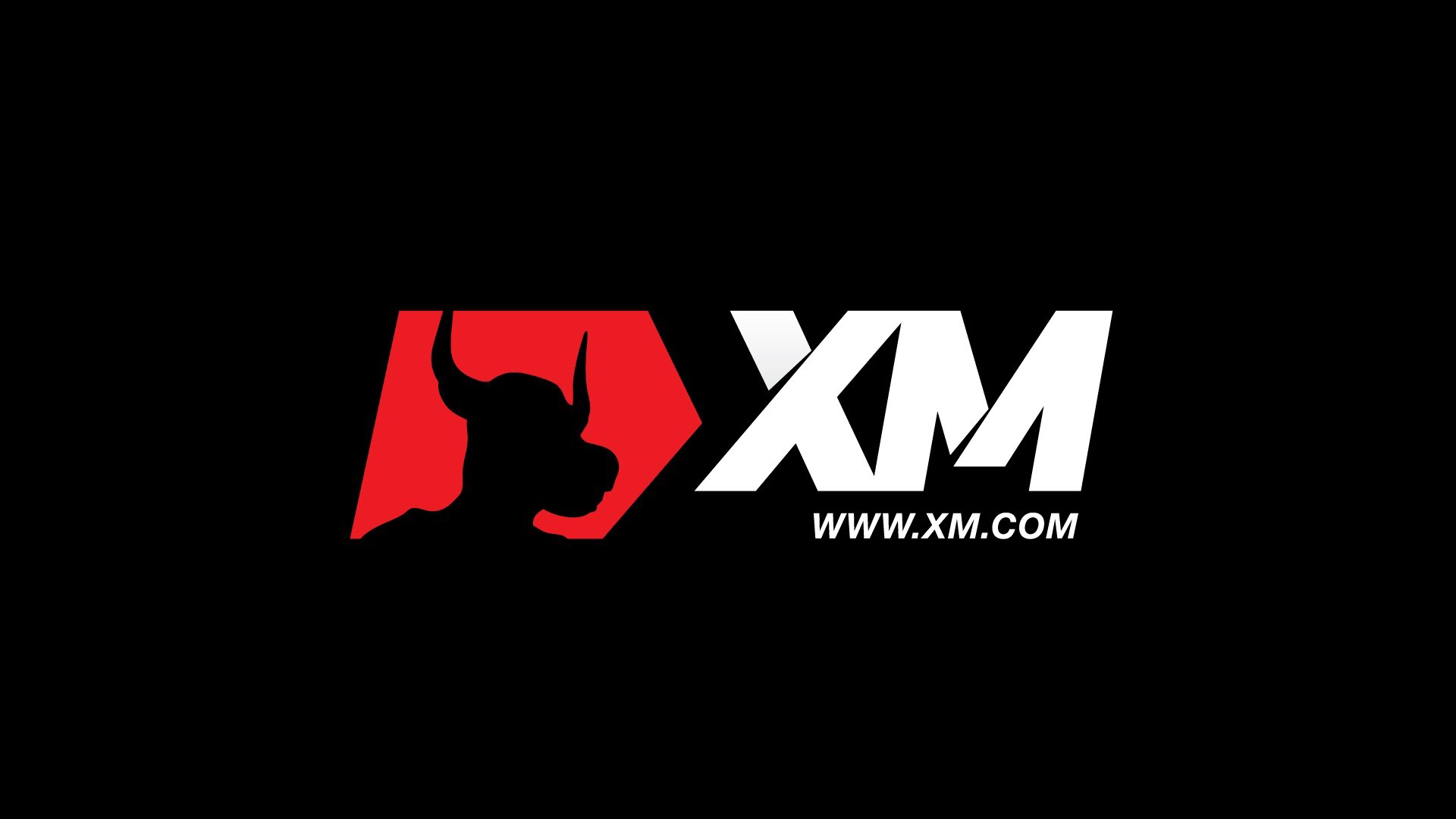

Min. Depo
$5

Licences
FCA, CySEC, IFSC, ASIC, DFSA

Leverage
1:888

Platforms
MT4, MT5, WebTrader
AvaTrade


Min. Depo
100 USD

Licences
ASIC, FSA, FSCA, FFAJ, FSRA, FSC

Leverage
400:1

Platforms
MT4, MT5
Plus500
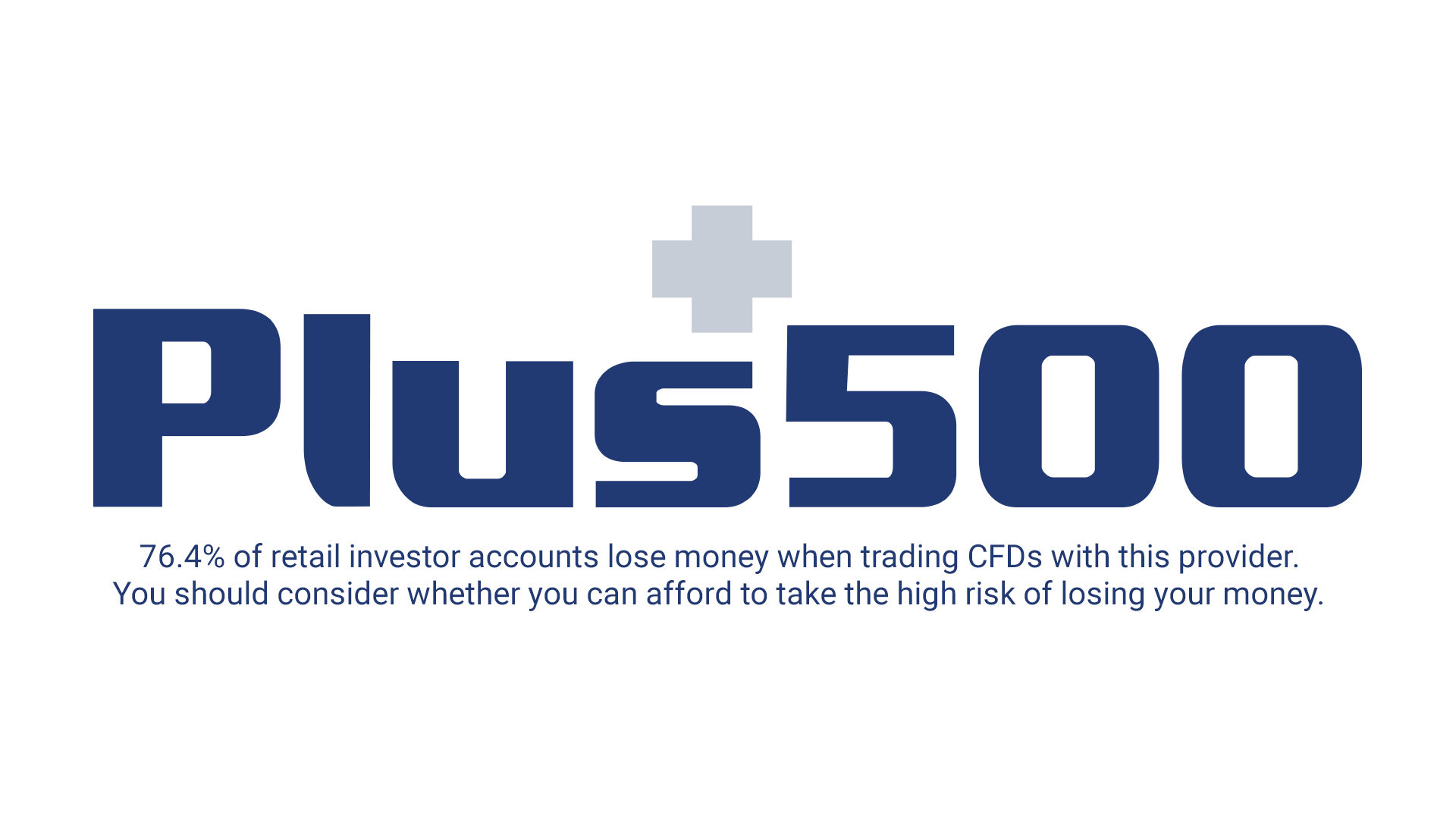

Min. Depo
$100

Licences
FCA, ASIC, CySEC, FSCA, FMA, MAS

Leverage
1:30

Platforms
WebTrader, Windows 10 Trader
Exness
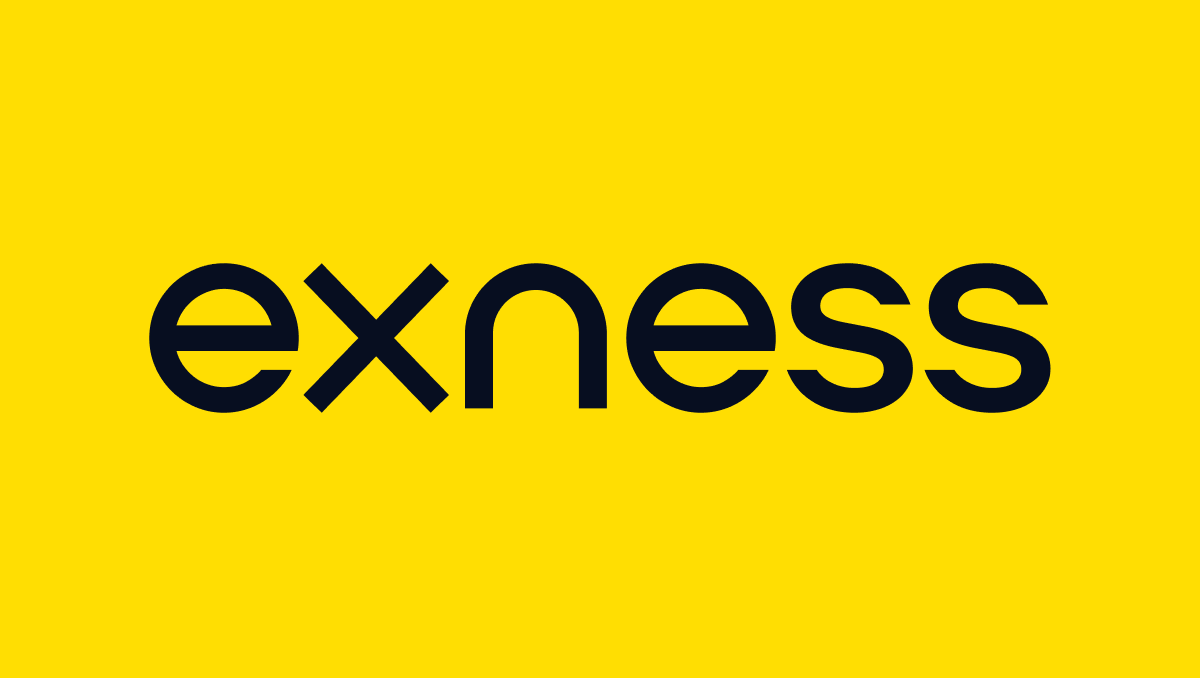

Min. Depo
$10

Licences
CySEC, FCA, SFSA

Leverage
1:2000

Platforms
MT4, MT5
Forex.com
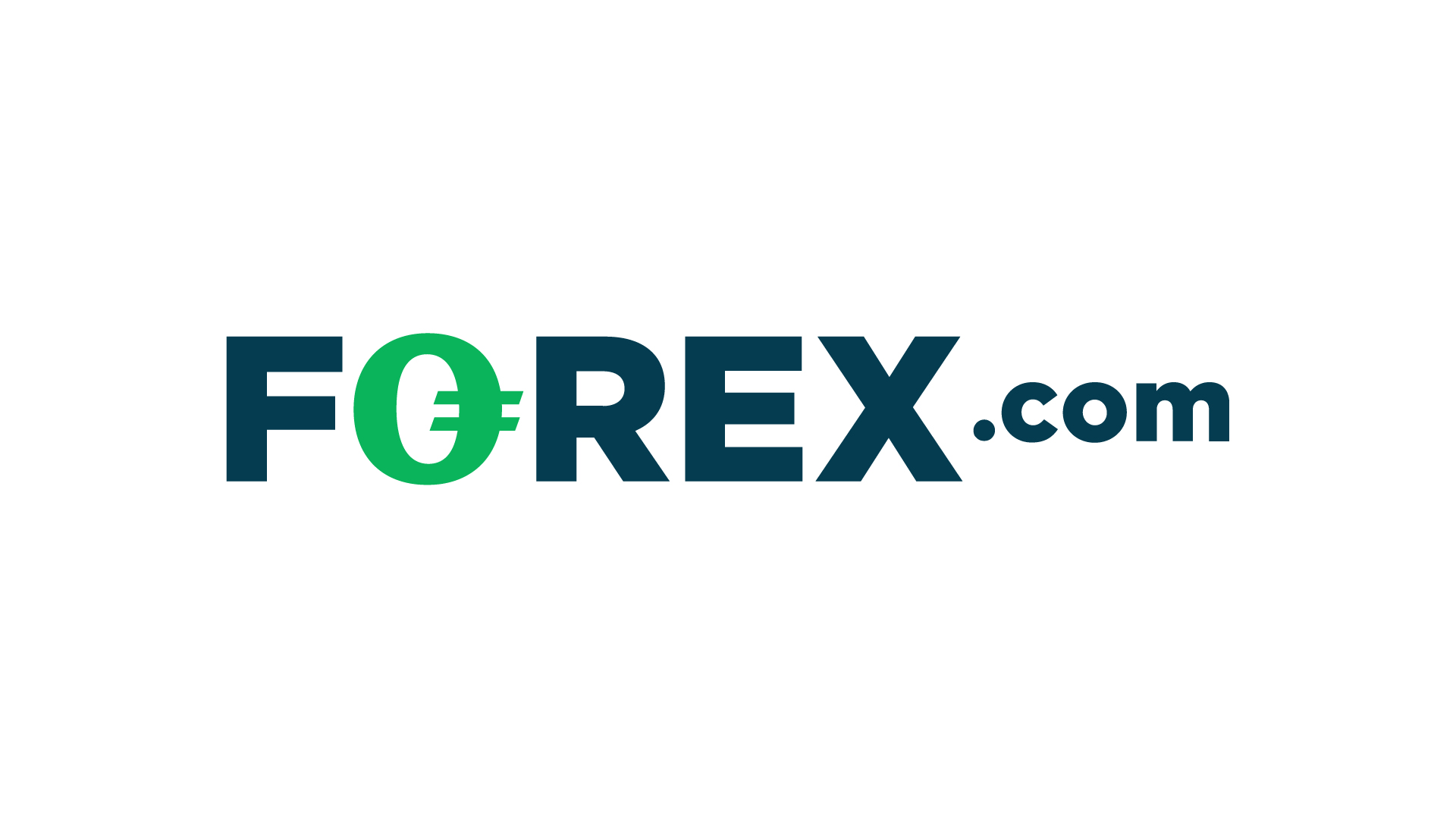

Min. Depo
$100

Licences
NFA, CFTC, FCA, FSA, IIROC and CIMA

Leverage
1:50

Platforms
WebTrader, MT4, MT5
CMTrading

Min. Depo
250 USD`

Licences
FSCA

Leverage
1:200

Platforms
MT4, WebTrader, Copykat
Italian Forex regulation
The governance and regulation of the Italian Forex market are tasked to one authority in Italy, the Commissione Nazionale Per Le Società e La Borsa (CONSOB), which, in English, would translate as the National Commission for Companies and the Stock Exchange. Besides Forex, CONSOB is also in charge of regulating the stock exchange as well.
CONSOB has been operating ever since 1974. The reason for its creation was that at the time, the authorities deemed that the country needed an actual, dedicated authority to monitor and control the securities market. As such, they created the CONSOB and assigned some of the functions and responsibilities of the Italian Ministry of Treasury to it. Over time, the duties and responsibilities of CONSOB have been increasing step-by-step, and fast forward to today, we now have a fully autonomous, capable regulatory body that has a lot of regulatory authority, and uses it very well at that.
As of now, CONSOB’s responsibility is to authorize, monitor, and control the activities of the financial markets’ participants, specifically whether or not they’re conducting their business in an ethical and fair manner that is conducive to the traders’ well-being. In case CONSOB finds the evidence to the contrary, it can, and does, take appropriate action by penalizing the brokers as needed. Pretty simple, but what are the actual criteria that CONSOB uses to determine this? What kind of rules, laws, and regulations are in place for the brokers to follow, and what do YOU need to know about them?
Licensing process
For the Forex brokers that are located and based out of Italy, they need to have the official license and authorization from CONSOB in order to operate. The license, of course, has its own requirements as a form of qualification for obtainment. Only the brokers that manage to satisfy these requirements are allowed to obtain it, which is great for setting standards and bars for qualification, allowing only the best of the best to do business.
However, since Italy is the member of the European Economic Area (EEA), and since it follows the guidelines and recommendations of MiFID and ESMA – both of which aim to harmonize the Forex countries and their markets to one single homogenous type of an environment – your broker doesn’t necessarily have to be based out of Italy specifically.
As you can imagine, for international brokers that advertise their services to many countries at the same time, it would be pretty much impossible to offer licenses in every single country they operate in. For brokers like these, thanks to the MiFID rules and guidelines, as long as they are licensed in any country from the EEA, they are allowed to legally offer their services in any other country from EEA. As such, it is quite possible, that most of the brokers that you will encounter in Italy will likely form other countries, so don’t be surprised, nor alarmed, as if a broker is licensed with any of the major regulators such as CySEC or FCA, you can definitely trust them.
Investor protection/compensation program
One very widely-common safety feature that Italy also implements is the investor compensation fund. For those unaware, the investor compensation fund is a fund that the broker has to keep, with the sole goal of compensating the customer in case they go insolvent. As an example, if your broker went bankrupt, naturally, you would have a cause for worrying, as your money would also be in danger. However, thanks to the investor compensation fund, the brokers will be obliged to compensate traders.
Do note, however, that there are limits as to how much the broker is required to compensate. The limits themselves depend on multiple factors such as who the issuer of the broker’s license is, what are the limits of the local compensation fund, etc. As an example, if a broker is licensed with Cyprus’ CySEC, then the limit will be €20,000. If they’re licensed by FCA of the UK, then the limit of the compensation is as high as £85,000, and so on.
Minimum capital requirements and account segregation
Another requirement that the brokers are subjected to is that of the minimum capital. For a broker to be licensed in Italy, they need to have a pre-determined amount of minimum capital, which, also, will depend on the jurisdiction that the broker operates from. This is a great feature that provides the traders with safety, as it ensures that only the brokers that are capable of procuring a certain amount of money are allowed to operate, which, by itself, already automatically increases the possible quality of the brokers available.
Additionally, the brokers are obligated to keep the funds of their clients in segregated bank accounts. The broker is not allowed to have their own capital in the same account as the funds of their clients, which aids greatly in increasing the safety, as it removes the chances of the broker misusing the funds, or the clients’ funds suffering due to an issue that the broker themselves has.
What kind of opportunities should you expect as Italian Forex traders?
 You now know, that in Italy, the regulatory environment is set up to work in your favor and that you can always be sure of your safety and security, thanks to the hard work of the regulatory bodies in your country. With that out of the way, let’s take a close look at what kind of trading opportunities you can expect in Italy, what are its advantages and disadvantages, what to look out for, and more. First off, let’s take a look at the actual economic environment of the country, so you can get a better big-picture look.
You now know, that in Italy, the regulatory environment is set up to work in your favor and that you can always be sure of your safety and security, thanks to the hard work of the regulatory bodies in your country. With that out of the way, let’s take a close look at what kind of trading opportunities you can expect in Italy, what are its advantages and disadvantages, what to look out for, and more. First off, let’s take a look at the actual economic environment of the country, so you can get a better big-picture look.
As we have mentioned, Italy’s economy is quite big, with a GDP of over 2 trillion. However, it definitely does come with quite a few challenges, especially in the fact that a lot of regions in Italy are still suffering from poverty and poor infrastructure. Additionally, Italy was one of the few nations that did not actually benefit from introducing the Euro. In fact, it went through some serious economic upheaval, the effects of which are still felt to this day. Despite this, Forex trading, and the public’s interest in it, is definitely on a steady rise, as more and more people are thinking of it as a legitimate way of making more money.
Since Italy doesn’t have its own personal currency, there is not all that much that can be said about currency trading in Italy, and for the most part, almost the same rules would apply as they do in, for example, Germany or Spain. As such, it would be more interesting to discuss the opportunities that Italy offers in commodity trading, stock trading, etc.
When it comes to its exports, Italy is doing quite decent. Back in 2019, it has exported over $532.7 billion’s worth of goods to the rest of the world, which is quite impressive. Another great thing about these exports is that they were made to the countries that are very strong trading partners in Italy, such as Germany, France, the US, the UK, etc. What do these exports actually look like, and what are some of the major assets that Italy trades most with the other countries?
As of 2019, Italy’s biggest exports are machinery (including computers), at an impressive amount of $101.1 billion. This represents over 19% of the country’s total exports, and vastly surpasses all other ones, as the second biggest export of the country would be almost $60 billion behind.
The second-biggest sector would be vehicles, totaling at $41.4 billion, with a 7.8% share. This would definitely be expected, as Italy is the home to some of the biggest car manufacturers in the world, including Fiat, Ferrari, Abarth, Alfa Romeo, etc. With companies such as these under its helm, Italy does offer some great investment opportunities for car-lovers!
Beyond that, Italy also has very strong import numbers in pharmaceuticals ($33.6 billion, 6.3% share), Electrical Machinery and equipment ($31.8 billion, 6% share), Plastics and its articles ($21.3 billion, 4% share), Iron/steel ($18.4 billion, 3.5% share), Mineral fuels and oil ($17.8 billion, 3.3% share), Gems and other precious metals ($15.4 billion, 2.9% share), Furniture, bedding, lighting, signs and prefabricated buildings ($13.8 billion, 2.6% share) and clothing and accessories ($13.8 billion, 2.6% share) industries.
These industries happen to be only the very top of the ones that Italy excels at. There are tons more, all of which are supported by great businesses. With this considered, you can definitely be sure, that in Italy, the stream of opportunities is neve-ending. Thanks to this unparalleled diversity, you can be sure, that no matter what kind of trading interests and preferences you have, you will definitely be able to satisfy them!
Pros and cons of the Italian Forex market
Here’s our take on the advantages and disadvantages of the Italian Forex market
Pros
- Strong regulatory environment
- Fast-growing Forex community
Cons
- Not many locally-based brokers
So, what do we think of Forex trading in Italy?
Italy is definitely not the biggest and best Forex environment in the world, due to the economic challenges that still remain in the country to this day, and due to the fact that the Forex infrastructure is still in the process of growth in the country. However, it is without a doubt, that there is still a lot of room for a lot of growth.
The community of Forex traders in Italy is definitely on the rise, and it’s getting more and more popular. Additionally, the local authorities are very committed to taking the market to the next level by following all the international standards and guidelines and holding the brokers to an impeccable standard. In conclusion, what we can say is that despite not being perfect, Italy’s Forex market is still worthy enough for your consideration, as it still manages to satisfy the main important requirements such as safety and security, diversity and variety of choice, and high quality of service.


